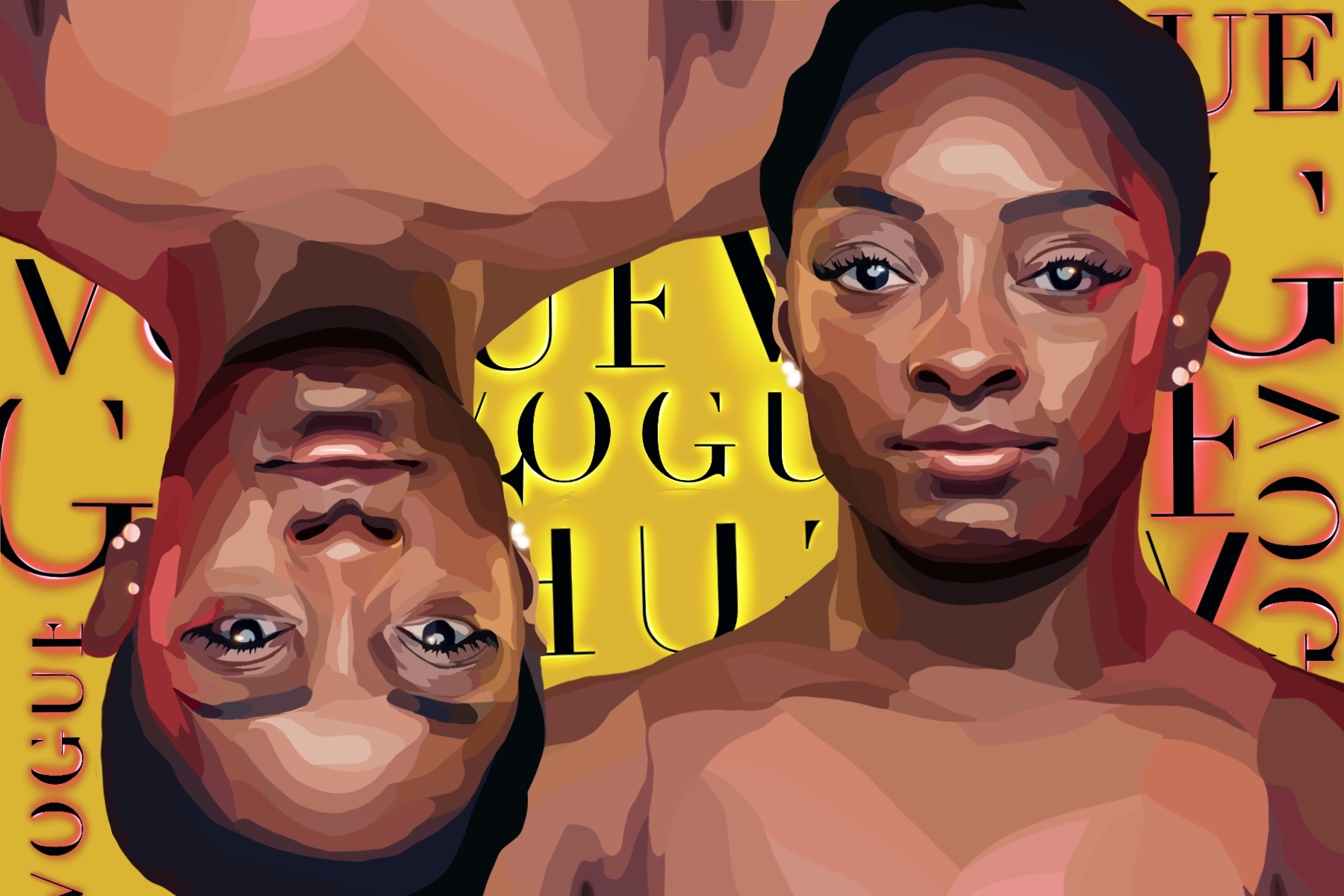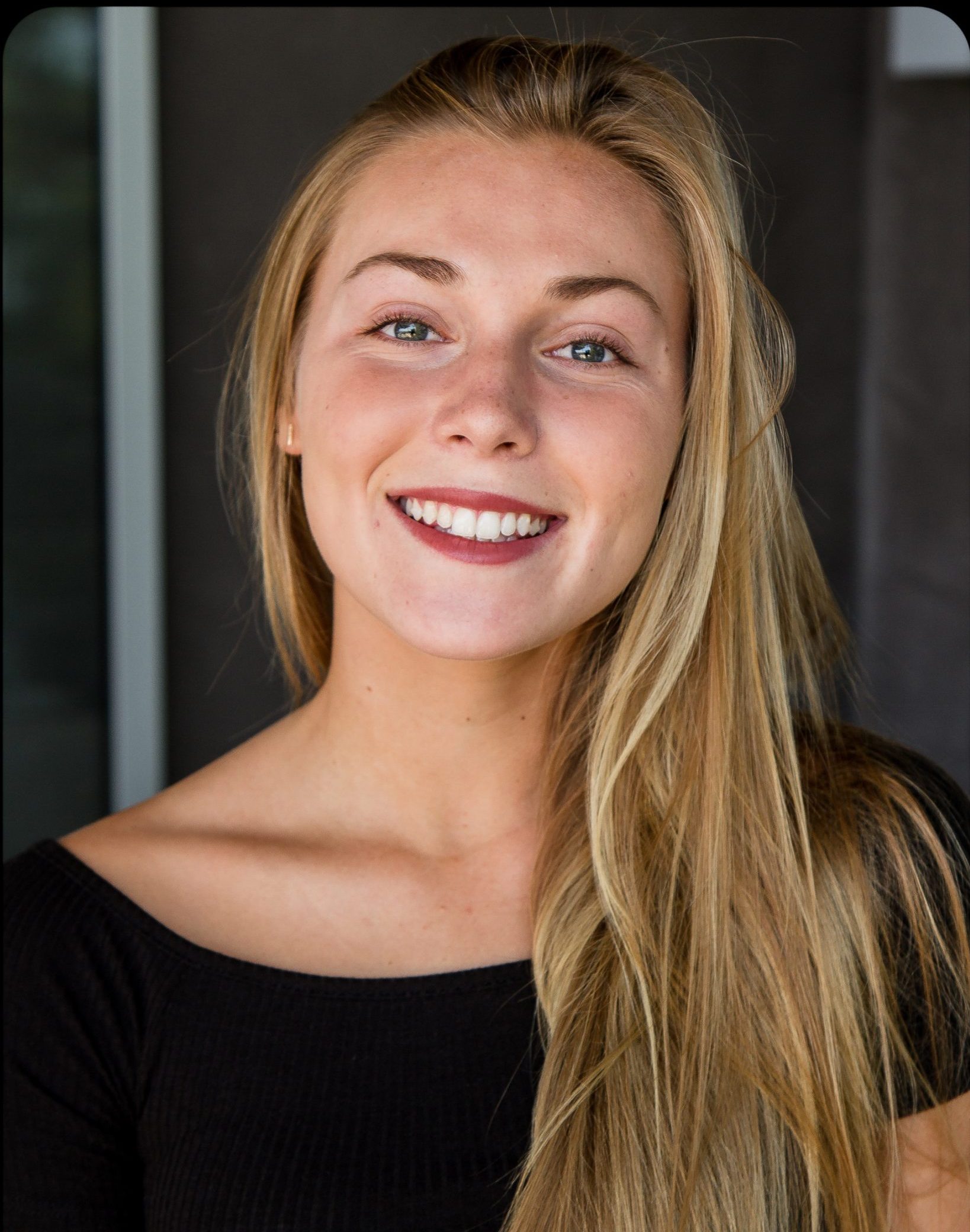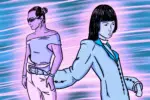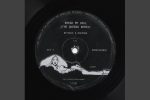This month, Vogue Magazine chose Olympic gymnast Simone Biles for its cover. With 30 Olympic and World Championship medals, Biles reigns as one of the top three most decorated gymnasts in the world. From her incredible work-rate to her ability to overcome major obstacles with a grace that — for someone her age — seems unachievable, the 23-year-old gymnast has proven herself an icon on the American and world stage. Biles deserves every second of coverage she receives.
However, the question isn’t whether she earned her spot on the cover of Vogue. The question is: Did the images in the spread do Biles the aesthetic justice she deserves?
To many, the answer is no. Criticism erupted immediately after the photographs’ initial release. Despite photographer Annie Leibovitz’s rightful fame and respectable portfolio of celebrity portraits, fans are wildly underwhelmed by the way she shot and edited Biles. Critics on sites like Twitter and Reddit comment that the photographs mute Biles’ normally vibrant skin tone, leaving the images musty and unappealing.
Even The New York Times’ own National photo editor, Morrigan McCarthy, spoke on the topic. “I adore Simone Biles and am thrilled she’s on this cover… but I hate these photos. I hate the toning, I hate how predictable they are, I hate the social crop here (wtf?) and I super hate how Vogue couldn’t be bothered to hire a Black photographer,” McCarthy stated in a recent post on Twitter.
Thus, the criticism is twofold. On one layer, viewers’ distaste for the photos’ lighting is said to be the fault of Leibovitz, a white photographer with less understanding of editing darker skin tones. Hiring a Black photographer would have ensured that Biles’ skin color was celebrated. In response, multiple viewers posted their own edits of the Vogue photos to show how easy it is to touch up and enhance Biles’ natural beauty.
This @Simone_Biles shoot was great but again, I’m disappointed at how many professional photographers don’t know how to treat dark skin. These edits took less than 10 mins to color correct. #VOGUE pic.twitter.com/qVr1mwQOCi
— Nowlen Webb (@NowlenWebb) July 10, 2020
The second layer of criticism stems from the fact that, especially amidst the current political climate, Vogue missed the opportunity to hire a Black photographer and therefore do its part in elevating Black artists and their work.
This isn’t the first time Vogue has been critiqued for its lack of diversity. A TikTok trend titled #VogueChallenge sprouted on multiple platforms and more recently transitioned into an avenue through which young Black, Indigenous and other artists of color have showcased their work. Vogue’s editor, Anna Wintour, has addressed the trend and admitted Vogue’s degree of unawareness and its “[historical failure] to elevate and give space to black creators.” An article in the June edition focuses on both the trend and issue directly, offering a hopeful, inclusive and socially aware take on the future of Vogue.
With only one Black photographer shooting a cover over the 127 years of Vogue’s existence, Wintour and her team are right about one thing: Vogue has consistently excluded Black individuals from the creation and focus of its magazine. Although promising to actively change the culture and hire more Black creators, the publication has, to many viewers, missed the mark yet again with the August edition. The talent pool resulting from the #VogueChallenge gave the publication an almost endless selection of Black, Indigenous and other creators of color at its disposal; to hire Leibovitz, a white photographer with more than enough coverage, comes across as a deliberately harmful decision that emphasizes the systematic oppression built into the fashion industry.
Be that as it may, the reaction hasn’t been entirely negative. Among the feedback are those aiming to protect Leibovitz’s work and connect it to the essence of Biles’ story. While Biles’ solemn expressions and the overall dark tones are unarguably present in the pictures, the interview itself discusses heavy topics.
“These comments are shocking; they entirely miss the creative direction and storytelling here,” responded viewer @jamesrobinson50 to a Tweet critiquing the images. “The story alongside these is about a dark, challenging time with Nasser/US Gymnastics and racism. As a photographer I think they’re very strong, as is she.”
Advocates of the photos point to the fact that happy and upbeat themes would have been inconsistent with Biles’ story of the abuse and hardship she has faced, a focal point of the recent feature.
Critics of the critics also express the fact that Leibovitz is an established and experienced photographer with a specific style that isn’t necessarily unique to Biles’ recent shoot. With portraits ranging from Barack and Michelle Obama to Meryl Streep to, perhaps most famously, John Lennon and Yoko Ono, Leibovitz stays true to her signature style of piercingly soulful yet simplistically powerful photography.
Despite the possible subjectivity of Leibovitz’s pictures of Biles — whether thought to be too dull and somber or a stroke of brilliance — the fact remains that Vogue had the opportunity to use its platform for change. If not in regards to the editing skills of darker skin, then choosing to hire a Black photographer would have at the very least nicked the daunting and seemingly insurmountable wall that has historically barred Black creators from having their work, let alone their voices, seen and heard.
It is crucial for platforms as respected and far-reaching as Vogue to not only walk the walk of their often empty words, but march headfirst in their fight for social justice. The elevation, empowerment, respect and fight for Black lives is not just a current social media movement used to gain followers and sell copies. The recent increase of awareness and longtime-overdue action that so many are beginning to engage with is a necessity to human rights that cannot and will not be fleeting. It is time to hear from the people who, in the past, have been perpetually silenced. Vogue, although just one magazine, has the chance to elevate the Black community and catalyze a more inclusive artistic industry for the future.

















